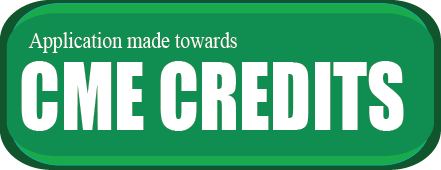
Jan Lukas Robertus
Royal Brompton and Harefield NHS Foundation trust, UK
Title: Strategy, development and application of digital pathology in a tertiary referral centre. The Royal Brompton and Harefield NHS Foundation Trust experience
Biography
Biography: Jan Lukas Robertus
Abstract
Digital pathology is fast becoming a mainstay care pathway in routine diagnostics. It is transforming the way most hospitals approach both workflow and communication with other hospitals and is accelerating developments in the field of computational pathology, specifically with regards to the development of diagnostic tools. The Royal Brompton and Harefield Trust is a tertiary referral centre for Cardiothoracic Pathology and Heart and Lung Transplant Pathology. The Royal Brompton and Harefield Trust currently implements cross site digital pathology reporting for frozen sections and biopsies and is developing applications to expand the role of digitization of pathology at the Royal Brompton and Harefield Hospitals. Particularly for tertiary referral centres, application of digital imaging of slides benefits the systematic organisation of referral cases from other hospitals. This impacts on cost and efficiency in reporting. In order to utilize digital pathways. The referral centres and referring hospitals must have a committed access to an integrated framework in which digital imaging and reporting is facilitated. Developing such a framework can be costly and difficult in the current financial climate but also an arduous undertaking due to the complexity and heterogeneity of the various information management systems in place in different hospitals.
The importance of the role of digitization of archival material is of considerable relevance for tertiary referral centres such as The Royal Brompton and Harefield Trust. Traditional glass slide archives contain a plethora of novel and unexplored information. Digitalisation of glass archives, in parallel with the development of computation pathology, will allow for the unlocking and mining of this information. Given the fact that tertiary referral centres develop an often unique archive due to the nature of their specialized diagnostic workload, digitization of these specialized archives presents an opportunity to unlock the unique information contained within these archives and will help develop both novel image analytics algorithms and facilitate big data exploration.

